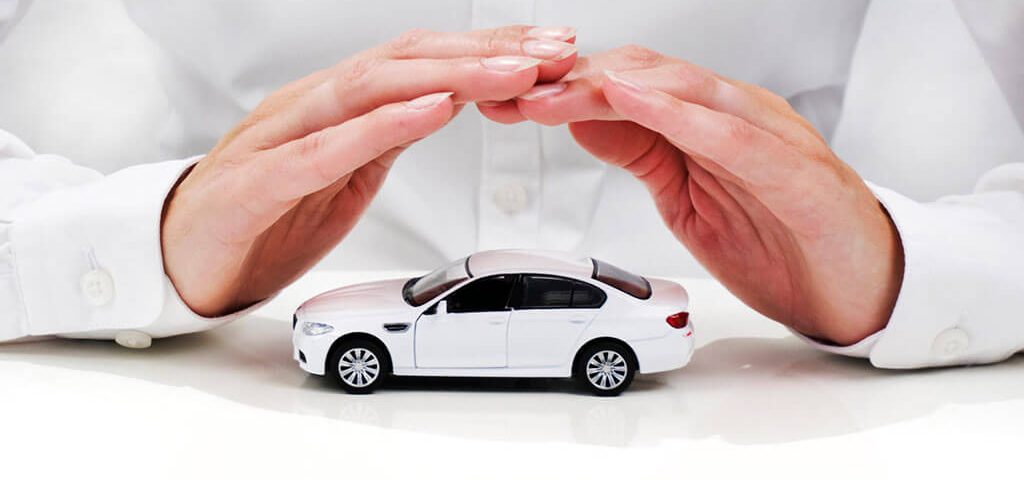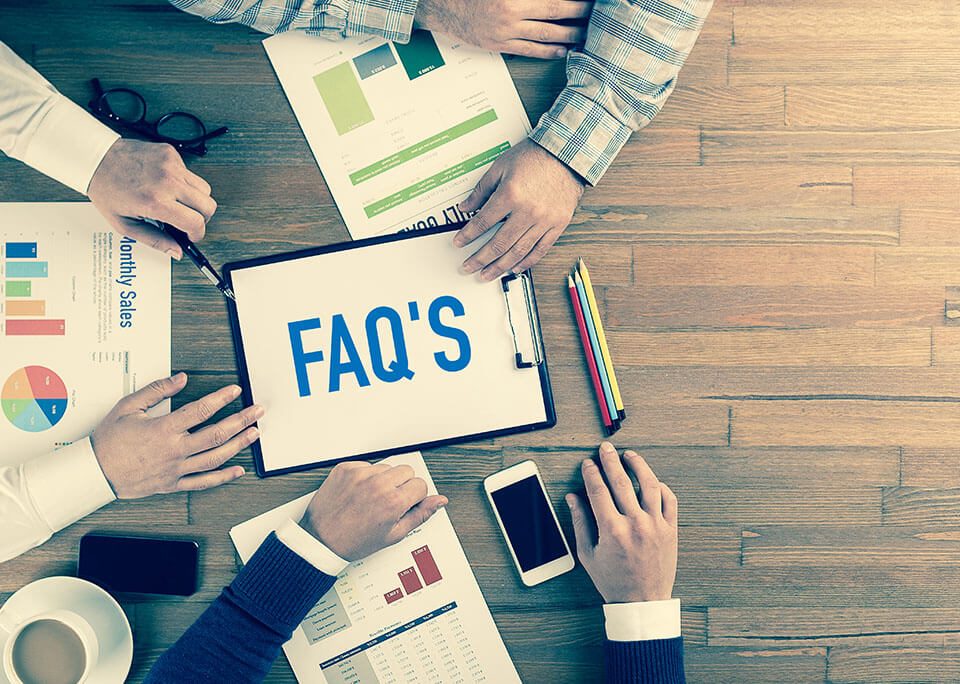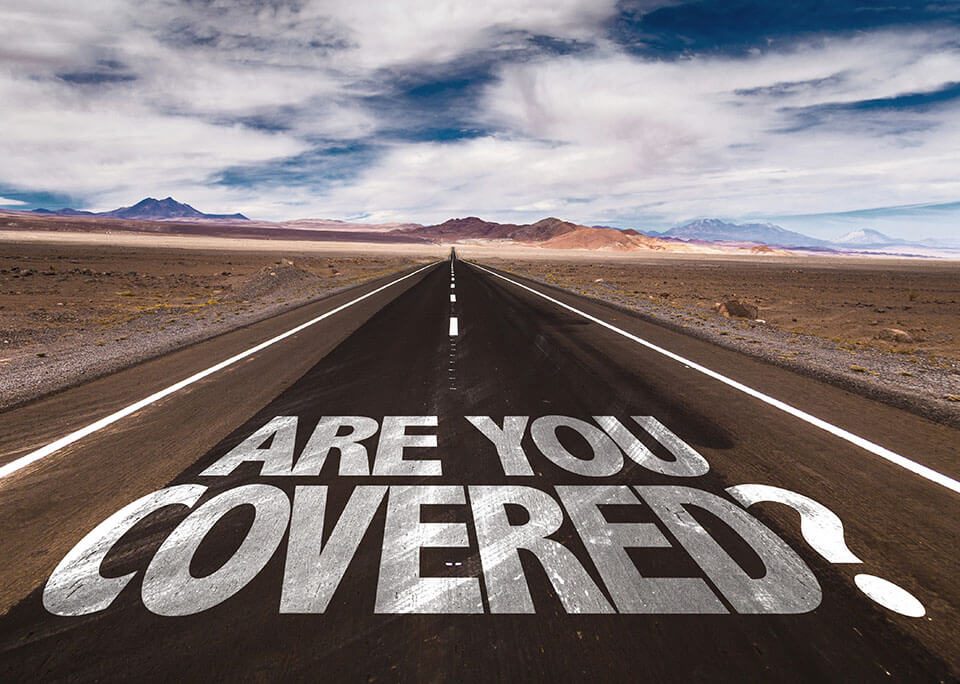You would be surprised how many consumers will purchase an auto policy, a motorcycle policy, or a boat policy with little or no understanding of how their benefits protect their household finances.
We decided to write a scenario to help readers understand what they will need.
Imagine that You and your family are involved in an automobile crash. Your vehicle rolls over and is totaled because a semi-truck driver hauling a trailer full of produce lost control and jackknifed. Before you and your injured family members were discharged from the hospital, you already knew that the semi-truck driver was without his own insurance and that the carrier he worked for was trying to deny responsibility for the injury claims saying that the driver bobtailed after delivering his load. Now, the vehicle is a total loss and you and your family members (4 passengers) have many hospital bills. What will you do?
The short answer is that your Comprehensive/Collision benefits will ensure that you can be reimbursed for the current replacement value of your vehicle. This will be less if the vehicle had prior damage and/or high mileage. You will also go to your own personal injury protection benefits for medical bills if you live in a no-fault state like New York or Florida. If you don't live in a no-fault state, you may need to use your health benefits to cover medical bills and then seek recovery from your Uninsured/Underinsured Motorist coverage. You can try to get Bodily Injury benefits from the truck carrier/truck owner, but it could be a legal nightmare. Some injured victims will seek legal representation to make a recovery, but there will have to be an applicable policy from which to make a claim for injuries, pain, and suffering. If you haven't purchased Uninsured/Underinsured benefits and there are no at-fault benefits to collect, all of the medical bills from this accident that was not your fault could become your financial responsibility.
Which company should I choose?
It is possible to compare two different insurers that are giving you quotes in the same state. It's easy to go on a state's department of insurance website and read about any complaints against a company. You can also see if an insurer has been fined for failure to pay claims, such as honoring insurance policies following a large-scale natural disaster or unforeseen events. Insurance companies also have ratings by independent companies and organizations, such as websites like Standard & Poor, JD Power & Associates, and the Better Business Bureau.
Understanding Your Prospective Policy
This might surprise you, but many people will shop for auto insurance, motorcycle insurance or boat insurance, or other benefits by going online or by speaking with a representative over the phone. They will never sit down with an insurance agent and ask questions, so they truly understand their benefits.
Many of these answers can be found by reading through a policy, but who reads them these days?
What a policy covers will be under the Benefits section and what a policy doesn't cover will be under the Limitations and Exclusions sections. If you want cheap insurance, you will probably get coverage that does not fully protect your financial interests, your property, or yourself and your family members in the event of an injury. You want to go with a moderate level of coverage, not just the minimum limits required by your state. For example, you can't operate a motor vehicle on the road in any state without car insurance.
At StarNet Insurance Group, we're here to help you navigate the complexities of insurance. Please feel free to contact us with any questions you may have.




